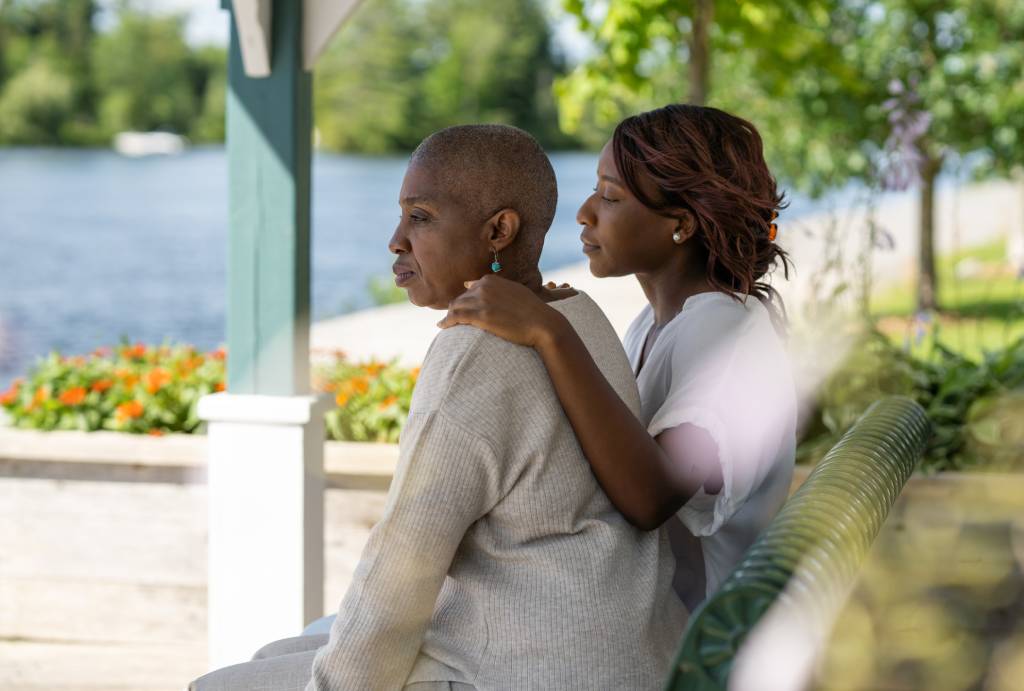Breast Cancer Risk Linked to Ancestry, Study Finds

Breast Cancer Risk Linked to Ancestry, Study Finds
Breast cancer risk may be directly influenced by a woman’s ancestry, according to groundbreaking research that sheds light on why Black women face more aggressive forms of the disease. Researchers at the University of Notre Dame have discovered that women of African ancestry may carry a greater biological predisposition for early-onset and aggressive breast cancers.
While white women have the highest incidence rates, Black women are more frequently diagnosed with subtypes like triple-negative breast cancer—especially before the age of 50. In this age group, mortality rates for Black women are nearly double those of their white counterparts.
PZP Cells May Increase Breast Cancer Risk

Graphical abstract showing how PZP cells increase breast cancer risk by activating the AKT protein in epithelial cells, promoting invasion. AKT inhibitors like capivasertib reduce this effect, offering potential for targeted treatment.
iScience published the study focused on a population of cells called PZP cells. These are more abundant in healthy breast tissue of women with African ancestry compared to those with European ancestry.
PZP cells appear to send signals that prompt nearby epithelial cells to behave in cancer-like ways. Specifically, they activate the AKT protein—a key driver of cell invasiveness—helping cells migrate into surrounding tissue, an early step in cancer development.
Promising Drug Response
The research team tested capivasertib, a drug that inhibits AKT. As a result, the treatment significantly reduced PZP cells’ effects on breast tissue and showed promise as a targeted therapy.
Inclusive Research Design
This study used cell samples from both African and European ancestry donors, sourced from the Susan G. Komen Tissue Bank. The researchers used 3D cell models to simulate how these cells behave inside the human body.
Lead author Dr. Crislyn D’Souza-Schorey emphasized the importance of studying genetic and biological differences when addressing cancer disparities.
“We must design inclusive trials and screenings that reflect genetic diversity,” said D’Souza-Schorey.
About 25% of breast cancers are linked to genetic and environmental factors, many of which differ by population. This study strengthens the case for inclusive cancer research and personalized medicine strategies.
: 252







